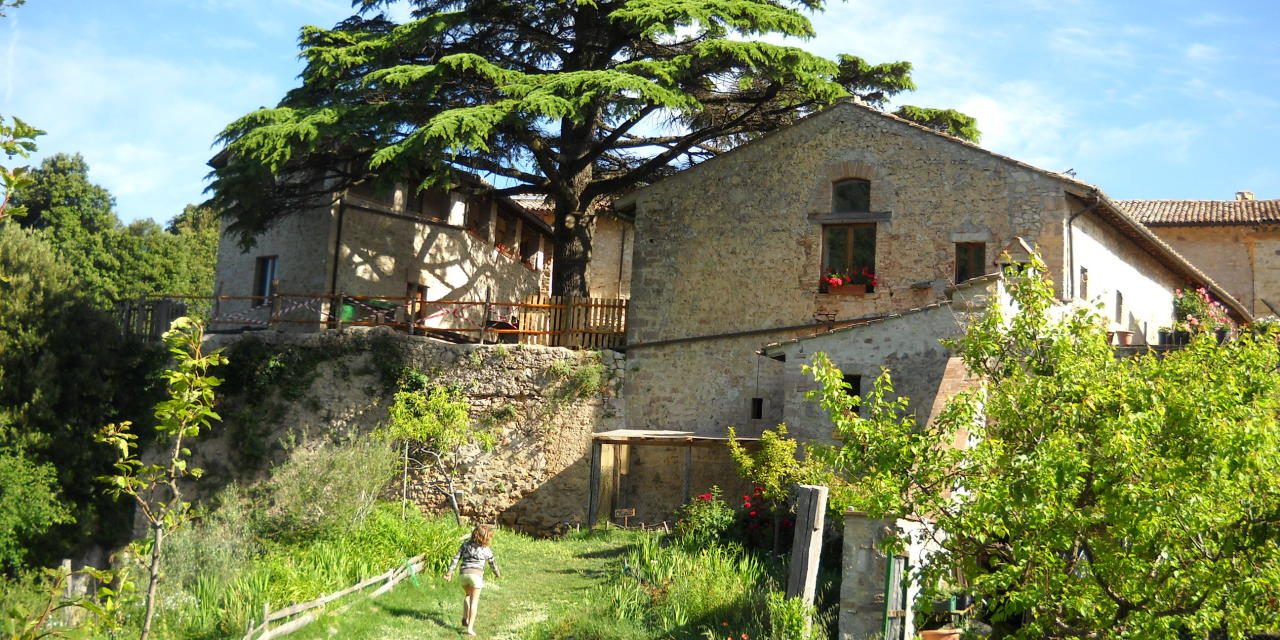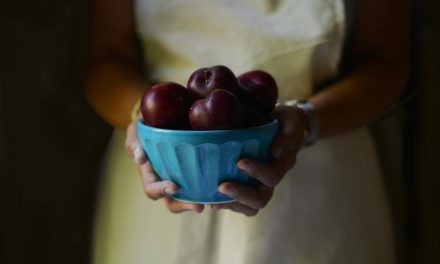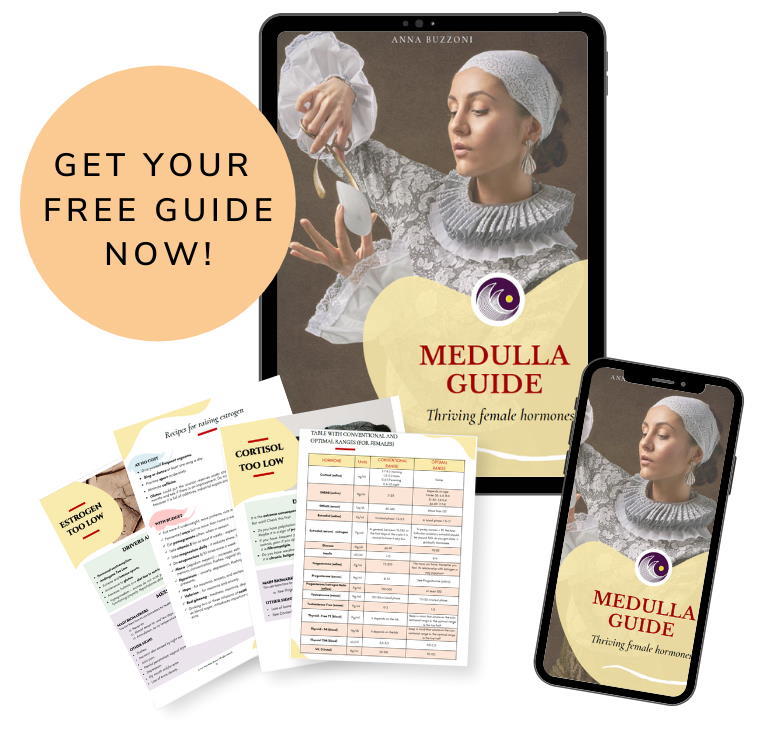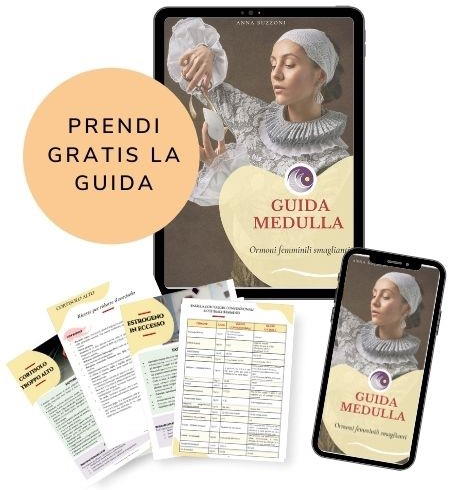“I try to give full meaning to life, mine and the others’,” said the woman with clear and desperate eyes, the backpack still leaning against the stone bench under the imposing Lebanese cedar, which towered over the tiles of the refectory and repaired the long wooden table, where she sat next to the old friar. “But there are so many voices inside me, and I don’t know which voice to listen to.”
The friar squeezed her nose slightly with a smile, then nodded seriously and said to her, pouring another glass of water and red wine: “She is the one who is loving and soothing, but is stern when you deceive yourself. “And he looked at her attentively with his fingers under his chin, while she ate, trying to get a sense of proportion and understand his words.
The friar continued to give her time to restore herself: “However, she does not try to convince you with fear, but appeals to the noblest, most conscious part of you. And then he added thoughtfully “if only it were easier to distinguish the fears of the soul from those of the ego in this age of materialism….”.
A wrinkle cracked on her dirty forehead, sweaty from the walk, and she replied: “Fear is a state of mind that comes and goes, I cannot control it, because it also depends on what others do, whether they will be kind to me, or mother nature, who could send an earthquake and end my life before I could make sense of it!
“My beloved soul, fear cannot be controlled, it’s true. Yet, just think for a moment about the possibility that you’re wrong as well as right. In other words, maybe you have a choice,” said the friar, squinting his little blue eyes – with those curls he looked like a child.
“To have no fears? Yes of course, for about a week it can work, I take courage in the face of adversities, I try to scale them down by analyzing them and comparing them with much more painful periods, which in the end have passed… and I go on. Sometimes it goes really well, I don’t have to be brave every day. But then that sense of restlessness comes back irremediably, which sometimes turns into anxiety, or black thoughts and fear of the future. Sometimes I feel really lost.”
“No, no, I wasn’t urging you not to be afraid. What you say saddens me, but it fills me with joy at the same time. It’s very painful your path, but it doesn’t have to be that way. Pain and fear are also noble feelings and are part of the chorus of life. In a way, it seems that the other natural kingdoms, animals and plants, also take part in this dance.”
At that point the friar began to jump, or rather, to dance under the cedar, his sandals shuffling dried leaves of geranium and marigold, and urged her with him arms, looking at her with fervent eyes, then heading to the clouds, the branches of the cedar, the flowers in the vases of the patio “Dance Grete, open up to fear when she knocks on your door, accept her presence, nothing happens, even if it turns into anguish, let her go across you! ”
At the silence of the woman, who looked at him in amazement, the friar stopped, smiled amusedly at the sky, closing his old eyelids, and then looked at her. “What is it? Mind you, what I’m talking about is a long, demanding perhaps, but beautiful road. As for emotions, it’s important to recognize them. Your guests… it’s important to know them well enough, isn’t it? Do as you normally would, open the door, greet them, and then say goodbye. No guest ever comes empty-handed. Before you know it, their grip will be gone. Something new, perhaps good, will come out of it, depending on how much you have been able to grasp the precious teaching of that fear, or that anguish. Until the next fear, of course, since life is cyclical, and you have to start again.
“From zero…?”
“Well,” whispered the friar, looking briefly to her right and then back into her pupils, “let’s say that it is the spiral movement that makes us live in harmony, not the linear movement. So technically “from zero” doesn’t mean anything. You’re never the same as before, and you have endless possibilities to get back in the game.”
The friar was no longer dancing now, he looked at her with a sweet, direct look, he wanted to understand if his words were clear.
The woman turned pensive towards the valley, pondering the words of the friar even though she understood nothing, when the donkey brayed powerfully, over and over again, echoing in the mountains and making the world vibrate. A fresh and sincere laughter tickled the heart of the woman, who suddenly rose high, higher and higher up, her chest, eyes, arms, and with a surge she threw herself on the heap of straw kicking away her sweaty sandals. The friar realized that his words had hit the mark. And pitifully he added: “And death, especially death, is a divine component! Dear, blessed death! As in the Paleolithic, and also in the Bronze Age eh? Smart people, listen to me. The regenerating power of death, the need to give up life to affirm life, the same value given to life and death. Neither of them worshipped over the other, without sentimentality. And then my heart feels it: the winter of the soul is loved and respected by the divinity, it is necessary for divine harmony, provided that the soul recognizes it, and knows what needs to be done”.
She said, her face smiling and her heart still singing: “I lie here, at last serene, and you speak to me of death? Wait till I at least take a shower.” She stood up on her elbows and looked at him, but then she turned to the sun and closed her eyes. The friar decided that it was just the right time: “It is precisely when you feel that life fills you and lifts your heart that you are paying homage to Madame Death, whether you are aware of it or not. I believe that awareness brings peace. Death is our great ally, and so is winter of the soul and of nature. Polarity is omnipresent on earth and in our soul. We must not fight it if we want to create harmony, but accept it, recognize it and use its gifts, which are, ultimately, unity. Polarity gives the rhythm for life, but the truth is that they are two sides of the same coin.
“After the shower, I’d like to talk about how to recognize and select gifts, because it’s particularly hard for me.”
“Why, do you think it’s easier for me than for you? Not necessarily,” replied the old man. But then he continued, sitting at the table and pulling up the sleeves of his tunic: “First of all, cultivating softness and passivity, which in this society are so frowned upon and mocked. The challenge is to cultivate a watchful passivity, the amoeba model is not what I mean. Alternate it with other states, for example, growth”.
The young woman had returned with her eyes fixed on him, and slowly sat down with her back supported by the straw warmed by the summer afternoon. The old man took two steps towards her, then stopped, closed his eyes and listened to the swallows singing at sunset for a long moment. Soon the Romita’s bell would sing, but beyond the wildlife, no one would hear it in those mountains, or maybe mountains would.
“My young friend, you’ve walked a lot, you must be tired. Moments of tiredness are more than normal! They are the rule. Don’t you think life is an accordion? Like breathing, it shrinks and expands, it dies and regenerates. When you’re tired, you have to rest. Harmony, or the voice of God, also comes with a nap.”







